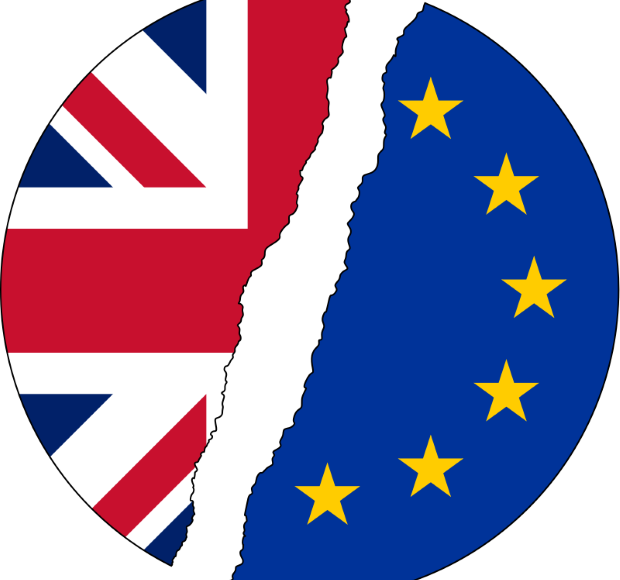The United Kingdom European Union membership referendum, commonly referred to as the EU referendum or the Brexit referendum, took place on this day in 2016 in the United Kingdom (UK) and Gibraltar to ask the electorate whether the country should remain a member of, or leave, the European Union (EU). It was organized and facilitated through the European Union Referendum Act 2015 and the Political Parties, Elections and Referendums Act 2000. The referendum resulted in 51.9% of the votes cast being in favour of leaving the EU. Although the referendum was legally non-binding, the government of the time promised to implement the result.
Membership of the EU had long been a topic of debate in the United Kingdom. The country joined the European Communities (EC), principally the European Economic Community (EEC) or Common Market, the forerunner to the European Union, in 1973, along with the European Coal and Steel Community (ECSC), and the European Atomic Energy Community (EAEC or Euratom). A referendum on continued membership of the Communities was held in 1975, with 67.2% of the votes cast in favour of Britain remaining a member.
Immediately after the 2016 result, financial markets reacted negatively worldwide, and Cameron announced that he would resign as Prime Minister and Leader of the Conservative Party, having campaigned unsuccessfully to remain in the European Union. It was the first time that a national referendum result had gone against the preferred option of the UK Government. Cameron was succeeded by Theresa May on July 13, 2016. Labour leader Jeremy Corbyn also faced a leadership challenge as a result of the EU referendum. Parliament gave legal effect to the referendum by passing the European Union (Notification of Withdrawal) Act 2017 and on March 29, 2017, the United Kingdom gave formal notice of intent to withdraw from the EU.
-Wikipedia


